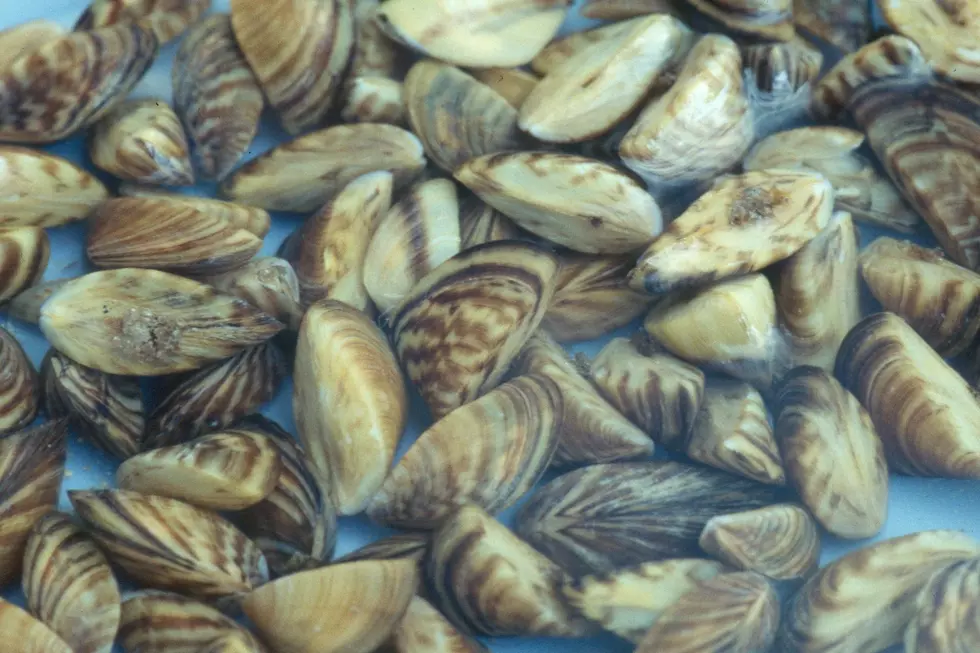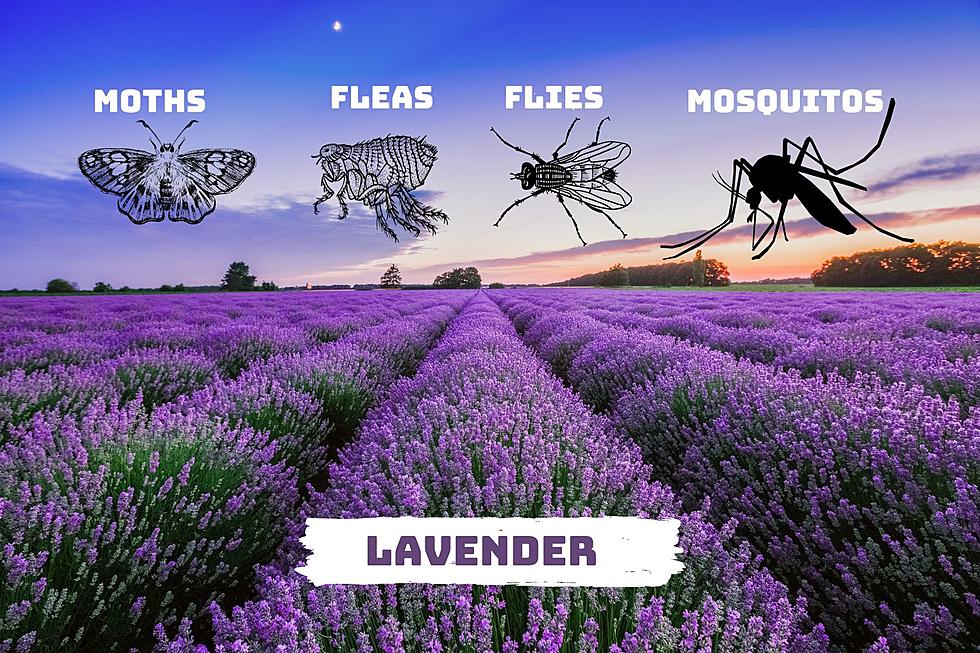
Zebra Mussels Found in Delta Lake Will Effect Rome Hatchery
USGS.gov
The NY Department of Environmental Conservation reports finding the invasive zebra mussel in Delta Lake. Followup investigations also confirmed the presence of their larvae at the Rome Fish Hatchery, in turn, that means an impact on the stocking of trout in state waters this year.
The discovery was made in late January and the DEC is still in the process of developing strategies to limit the spread of zebra mussels. The Rome Fish Hatchery is one of the largest hatcheries annually producing nearly 160,000 pounds of brook, rainbow, and brown trout.
The short term plan will be to use the hatcheries' fish to stock waters already inhabited by zebra mussels. It means some waters will see a reduction in additional fish stocked, while others may see an increase. Some areas will not be stocked. The DEC is still working out the specifics on the "when and where" of stocking and making plans for 2021.
Zebra mussels are an invasive, fingernail-sized mollusk native to freshwaters in Eurasia. Their name comes from the dark, zig-zagged stripes on each shell. It is estimated that zebra mussels arrived in the Great Lakes in the 1980s via ballast water discharged by large ships from Europe. Zebra mussels negatively impact ecosystems in many ways, including filtering out algae that native species need for food and attaching to-and incapacitating-native mussels.
Read more about the story at the DEC's website.
More From Big Frog 104









